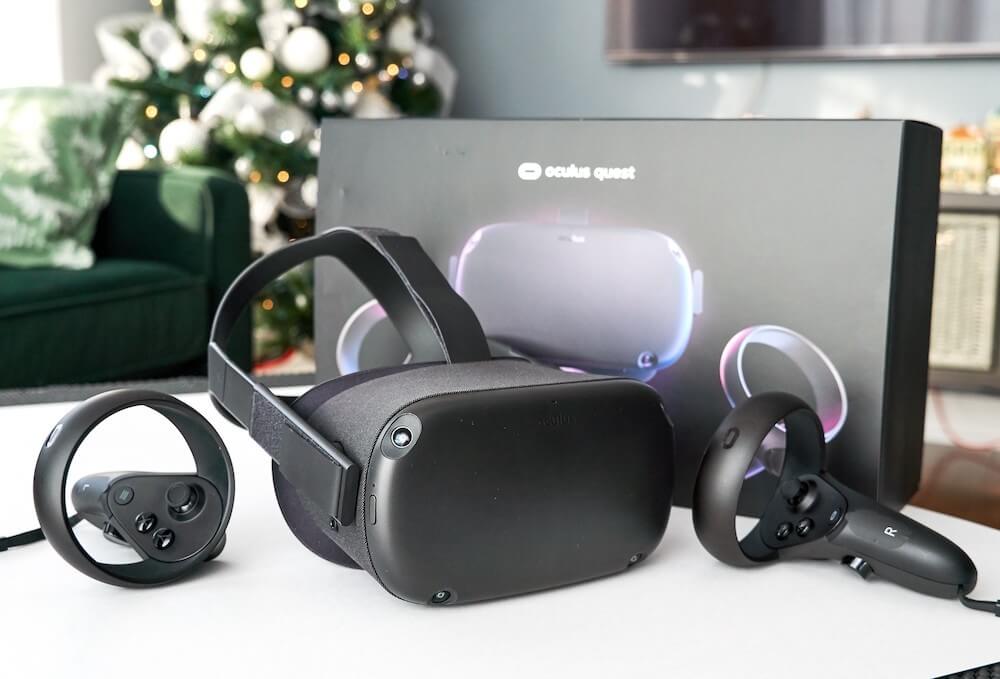This most recent accessibility litigation evolution has been predicted for the past couple of years by ADA legal experts.
Dylan Panarra v. HTC Corp — Case 6:20-cv-06991, Filed 11/18/20 in the United States District Court, Western District of New York.
This is just plain, bad #DCX — Disabled Customer Experience.
Case Details
- Dylan Panarra is profoundly deaf.
- Panarra wanted to use Viveport Infinity (defendant HTC’s gaming service) with his Oculus Rift device.
- Panarra is excluded from equal access to Viveport because there are no captions for the audio track.
- Defendant HTC advertises its product as the “Netflix of VR.” Netflix, after litigation, does caption many of their videos.
- Viveport Infinity is the only subscription service that provides unlimited VR content.
It’s not any more complicated than that.
Why this case matters
- Dylan Panarra is not a serial plaintiff.
- Eisenberg & Baum (the firm representing Mr. Panarra) has a Law Center for Deaf and Hard of Hearing.
- HTC is an international company — both the parent company and its American subsidiary are named plaintiffs.
This is a real law firm with a real plaintiff going after a big fish for real discrimination.
This is the type of lawsuit that can make a difference. The plaintiff and his law firm are not litigating the lack of captions exclusively for a payday. They want to change the world.
Accessibility standards for VR/XR
First of all, there is no reason why the general WCAG 2.1 Level AA standards couldn’t be applied to VR and XR.
The first rule of anything with a sound track is:
the sounds must have some type of written equivalent
I frequently go full-out mama bear on people who don’t caption. Dylan Panarra could just as easily be my deaf daughter. No one wants their kids to be excluded from experiences that their friends are included in.
But W3C didn’t stop there — they have an Immersive Web Working Group working on even more detailed XR standards in the following areas:
- The WebXR Device API (WD);
- The WebXR Gamepads Module — Level 1 (FPWD);
- The WebXR Augmented Reality Module — Level 1 (FPWD);
- The WebXR DOM Overlays Module; Editor’s draft;
- The WebXR Hit Test Module; Editor’s draft;
- The WebXR Layers API Level 1; Editor’s draft;
- The WebXR Hand Input; Editor’s draft
Woe be upon the VR/XR company who thinks these standards aren’t worth following. I hope they have a bunch of money set aside for legal fees, damaging publicity, rework, and much much more.
Thanks to Jeremy Horelick for pointing me to this case

0 comments on “This Week in Accessibility: First lawsuit filed over lack of captions in VR”